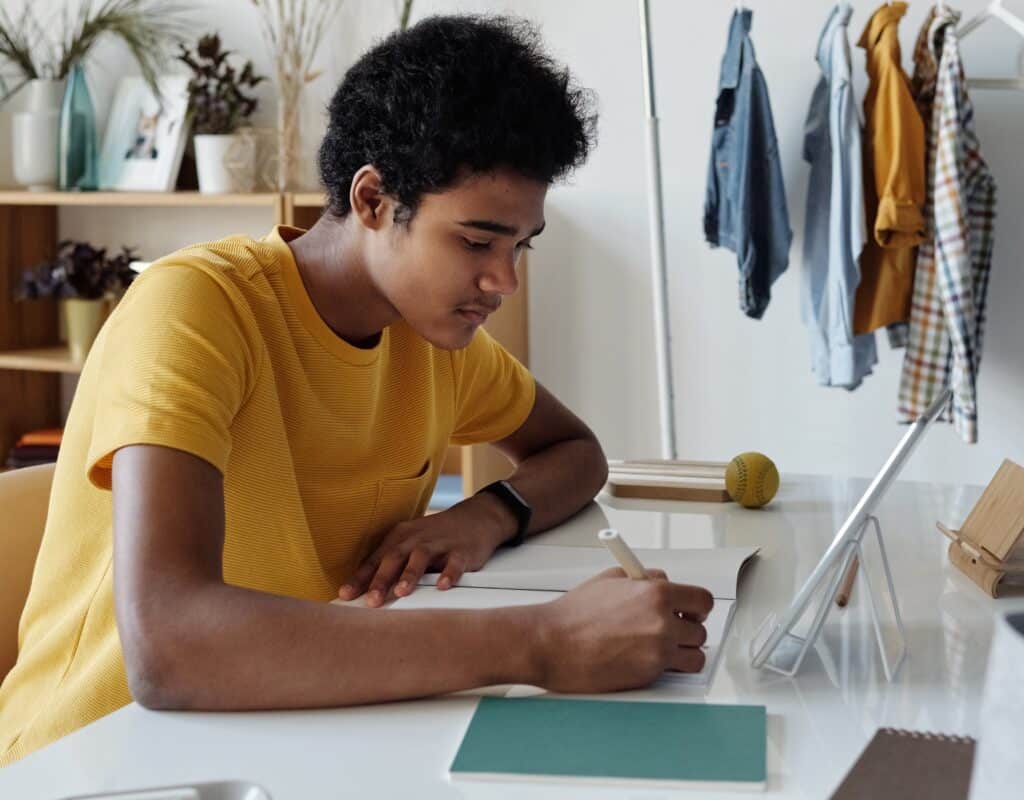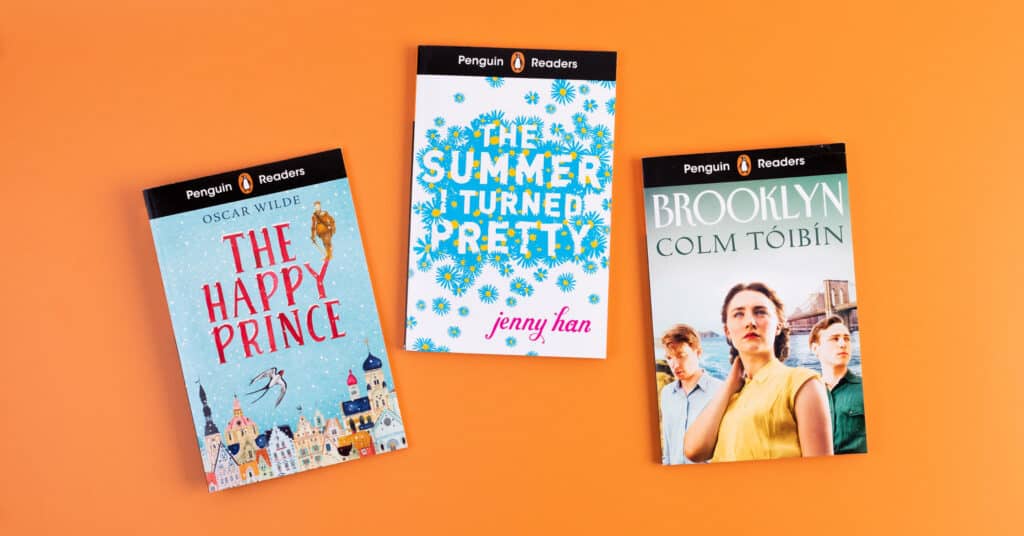How to Approach Non-fiction in the Classroom
From helping you approach specialised topics to capturing hearts and minds in your classroom, here’s how non-fiction books can be a fantastic addition to your curriculum.
Non-fiction can be a wonderful asset for your learning environment and offer a range of unique advantages in the classroom. Because of their very nature, they allow you to explore topical subjects in a specialised manner. This means they have a specialised vocabulary, too, which can be extremely useful for schools using CLIL (Content Language Integrated Learning). As a bonus, they can be helpful for reluctant readers too, as the text is often broken up into smaller parts.
How to choose a non-fiction title
Don’t underestimate the power of personalisation. Offering a learner a book that ties in with their hobbies and interests will grab their attention so much quicker than one that doesn’t, and reading won’t seem like a chore.
The second factor to consider is topic-based vocabulary. There may be some topics learners need to consolidate or focus on according to a scheme of work or curriculum.
If you need some inspiration, here are some activities to explore in your classroom, using some of the non-fiction titles in the Penguin Readers series.
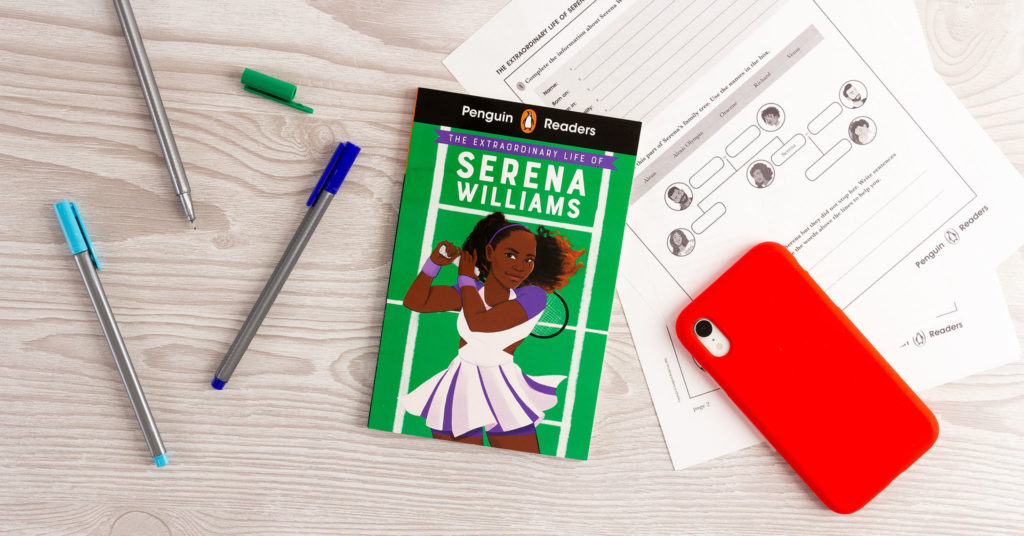
Penguin Readers: Serena Williams
- Ask students to read the blurb and think of interview questions they would like to ask Serena Williams.
- Watch a video based on Serena Williams (you could try looking online). Then ask your learners how the video has helped them understand more about her. Can they predict what content might be included in the book?
- • Ask the class to reflect on what they have understood about Serena Williams and write a character analysis based on their understanding. What have they learned about her life? What do they think that tells us about who she is?
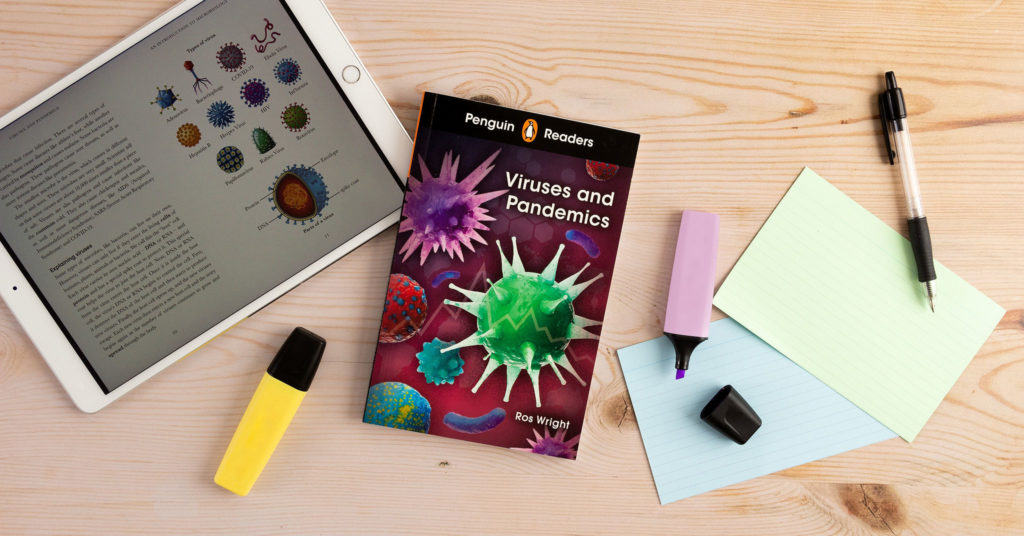
Penguin Readers: Viruses and Pandemics
- Reflect on the content and facilitate a discussion about how it is relevant to life today. How does it make students feel to approach this topic?
- Based on the book, ask your learners to make an action plan on how they would prepare for a new virus. They could do this independently or in small groups, feeding back to a discussion at the end.
- Ask students to think about how we can all change our habits to prevent future viruses and pandemics. Jot their ideas down on a class mind-map.
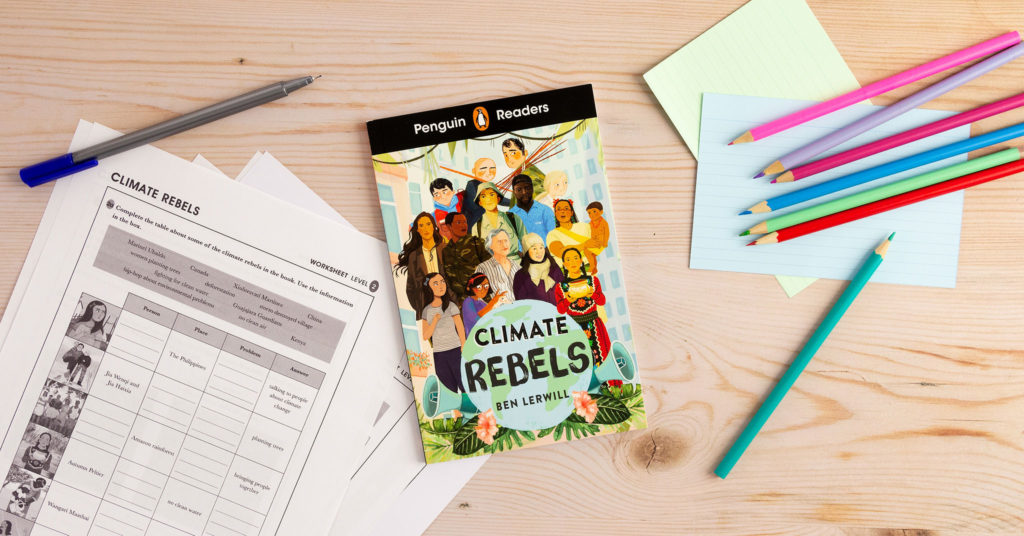
Penguin Readers: Climate Rebels
- The note about the book mentions David Attenborough – execute a research project on David Attenborough and discuss why his work is so important. What are his biggest achievements? Can you find some famous quotes from him?
- Reflect on specific climate problems in your country and think about how you can create an action plan. Set some goals to help protect the environment.
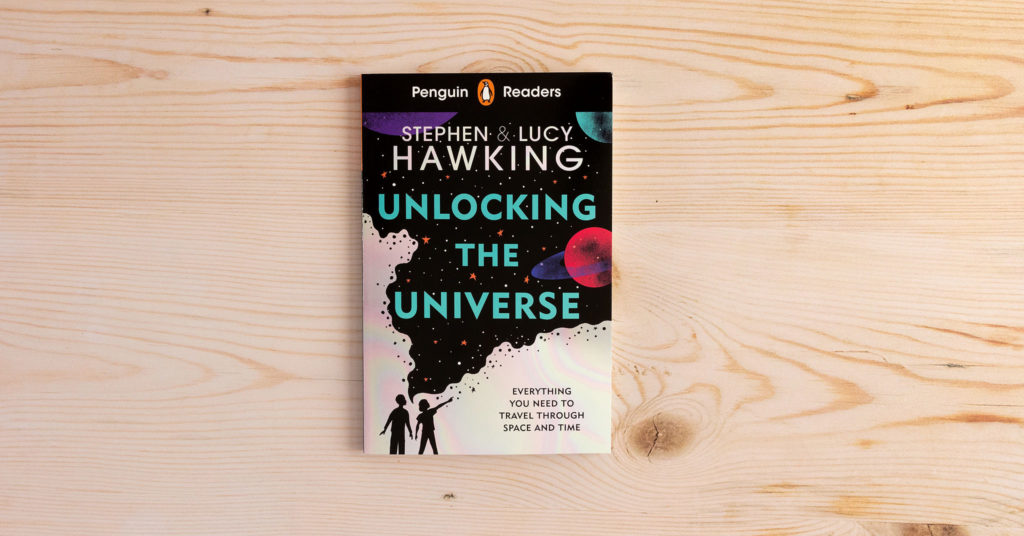
Penguin Readers: Unlocking the Universe
- Research some of the iconic figures mentioned in the book and present your ideas: e.g. Isaac Newton, Albert Einstein, Galileo Galilei. When were they born? What discoveries did they make?
- Read the chapter on time travel (ch.7) and discuss the following question: If time travel was possible, where would you travel back to and why? Ask each person to write down a short response to this question and then read it aloud to the class.

